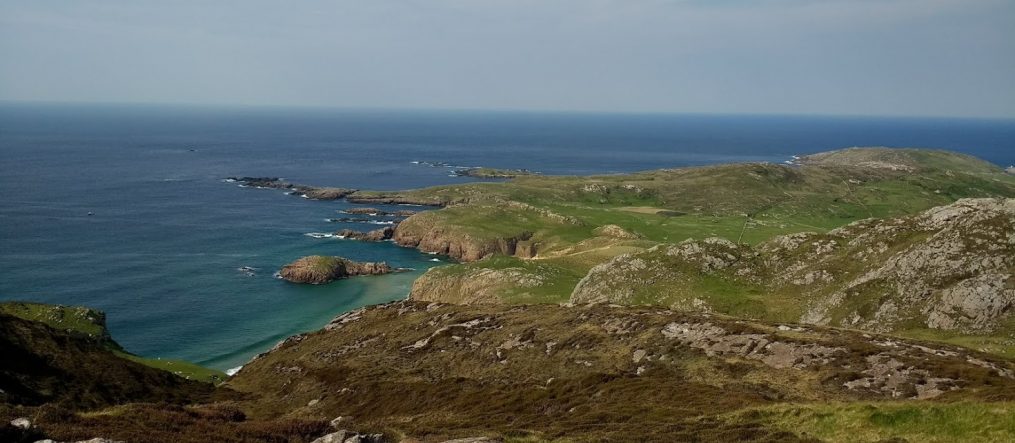I’ve been thinking about the evolution of the word “content” as it relates to creative endeavors. “Content” used to be a quality of a creative work, especially a piece of writing: “this article has no content” means that it’s fluff, a puff piece, filler. Now we talk about an article as content—eliding the difference between a substantive, thoughtful piece of writing (or other creative act), and filler meant to keep the writer visible in their social media feeds. It’s disrespectful of both creators and the works that they produce.
So I now try to consciously avoid the word “content” as a synonym for a body of creative work. I try to use a specific word: “posts,” “articles,” “writing,” or even “creative work.”
I don’t want to get preachy about it, but I put this idea out there because I’d like to encourage other people who think like I do to…













